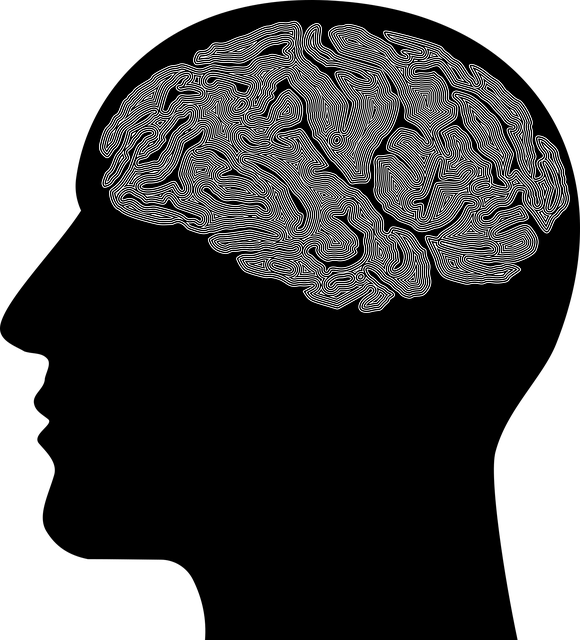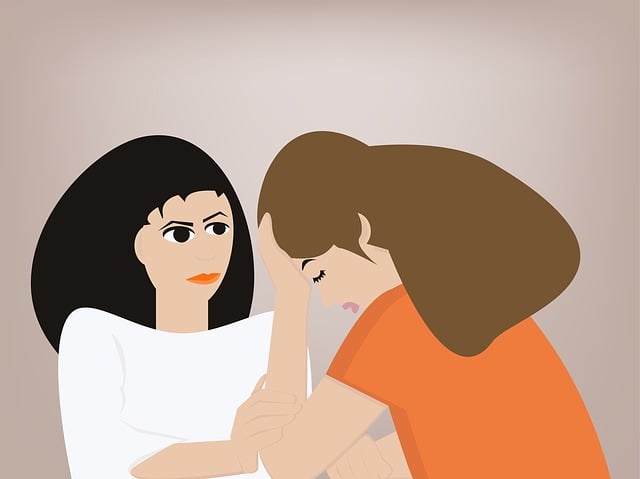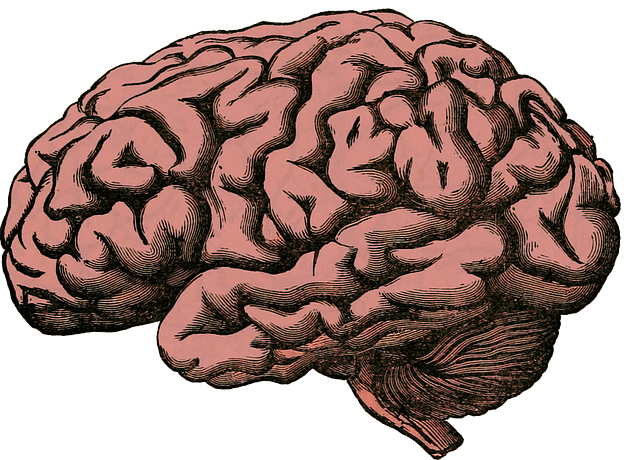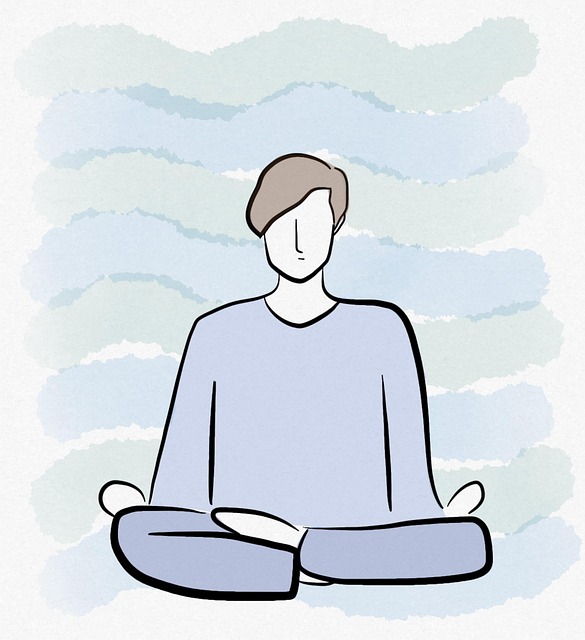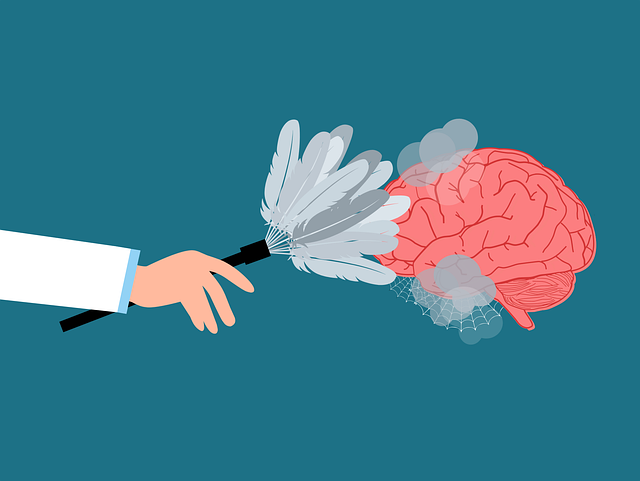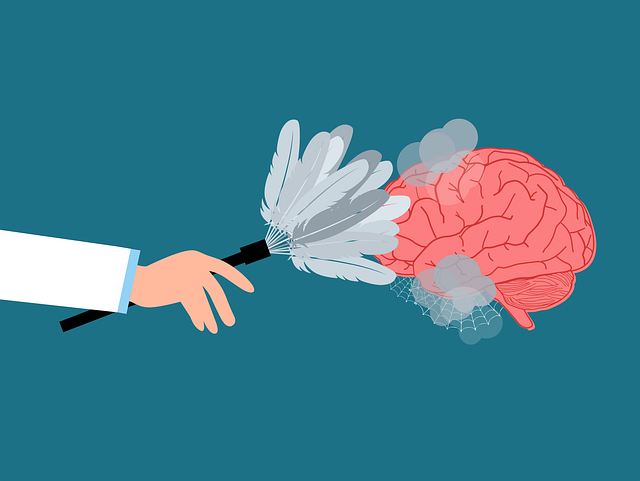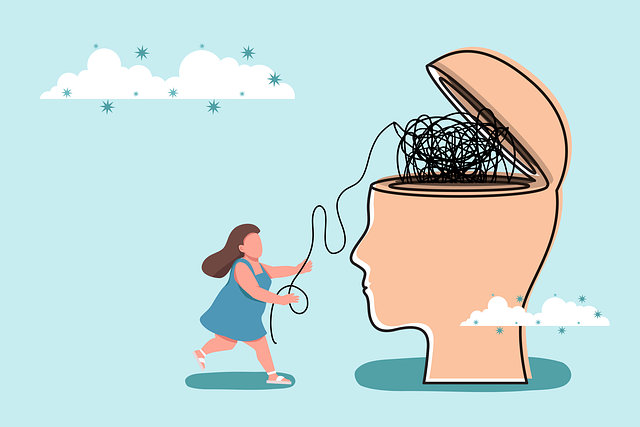Lone Tree Learning Disability Therapy emphasizes the vital role of self-care in enhancing physical, mental, and emotional well-being. They guide individuals through identifying personal needs, developing coping skills, and integrating self-care into daily routines. Their approach focuses on stress management, mindfulness, positive thinking, and building resilience. By offering workshops, coaching programs, and community support, Lone Tree empowers people to overcome barriers related to time management and foster a sense of belonging. Tracking progress through journaling or apps helps adjust self-care strategies for optimal holistic well-being.
“Enhance your wellbeing journey with Lone Tree Learning Disability Therapy, as we explore the transformative power of self-care. This comprehensive guide delves into the profound impact of self-care on overall wellbeing and provides practical strategies for integration into daily life. Learn from our experts how to identify personal needs, overcome barriers, and measure success in building a sustainable self-care routine. Discover the path to inner balance and resilience with valuable insights from Lone Tree Learning Disability Therapy.”
- Understanding Self-Care and its Impact on Overall Wellbeing
- Identifying Personal Needs: A Journey with Lone Tree Learning Disability Therapy
- Strategies for Integrating Self-Care into Daily Life
- Overcoming Barriers: Tips from Lone Tree Learning Disability Therapy to Stay Consistent
- Measuring Success: Tracking Progress and Adjusting Your Self-Care Routine
Understanding Self-Care and its Impact on Overall Wellbeing

Self-care is a practice that involves taking proactive steps to maintain and enhance one’s physical, mental, and emotional health. It’s about recognizing that your well-being is a priority and investing time and effort into nurturing yourself. This can include a wide range of activities, from engaging in regular exercise and adopting healthy eating habits to practicing mindfulness and cultivating positive relationships. At Lone Tree Learning Disability Therapy, we emphasize the profound impact self-care has on overall wellbeing.
By incorporating self-care practices into daily life, individuals can reduce stress, improve mood, boost resilience, and enhance their ability to navigate challenges. It fosters self-awareness exercises that help individuals understand their triggers and emotions better, enabling them to participate actively in Stress Management Workshops offered by the organization. Positive thinking, a key component of self-care, can significantly influence one’s perspective on life, leading to increased happiness and overall satisfaction.
Identifying Personal Needs: A Journey with Lone Tree Learning Disability Therapy

At Lone Tree Learning Disability Therapy, we understand that identifying personal needs is a crucial step in enhancing self-care practices and developing coping skills. This journey often begins with introspection, where individuals explore their unique strengths, challenges, and aspirations. Through our therapeutic approach, clients are encouraged to delve into their emotions, thoughts, and behaviors, creating a personalized roadmap for well-being.
Our therapy sessions focus on empowering folks to embrace mind over matter principles. We guide them in recognizing triggers, managing stress, and cultivating positive self-talk—essential tools for maintaining mental balance. By fostering awareness and providing support, Lone Tree Learning Disability Therapy helps individuals navigate their personal growth, ultimately leading to improved self-care routines and a more fulfilling life.
Strategies for Integrating Self-Care into Daily Life

Integrating self-care into your daily routine is a transformative journey that requires consistent effort and creativity. At Lone Tree Learning Disability Therapy, we emphasize the importance of holistic well-being, which encompasses not just physical health but also emotional resilience and mental clarity. One effective strategy is to carve out dedicated time for activities that nurture your mind and body. This could be as simple as setting aside 15 minutes each morning for mindful breathing exercises or engaging in a hobby that brings you joy and relaxation.
Additionally, incorporating practices like Mood Management techniques, Mindfulness Meditation, and exploring Mental Wellness Coaching Programs Development can significantly enhance your self-care regimen. These tools empower individuals to navigate life’s challenges with greater equanimity and resilience. By prioritizing self-care, you’re not just investing in your personal growth but also ensuring that you show up as the best version of yourself in all aspects of life, from relationships to career.
Overcoming Barriers: Tips from Lone Tree Learning Disability Therapy to Stay Consistent

Overcoming barriers to self-care is a common challenge for many individuals, especially those with learning disabilities. Lone Tree Learning Disability Therapy offers valuable insights and practical tips to help clients stay consistent in their self-care routines. One of the primary obstacles is time management; our fast-paced lives can make it difficult to prioritize self-care alongside work, family, and social commitments. To counter this, therapists suggest breaking down self-care activities into manageable chunks and scheduling them into daily routines.
For instance, incorporating mindfulness meditation for just 5–10 minutes each morning or evening can be a simple yet effective way to reduce stress and improve mental wellness. Lone Tree Learning Disability Therapy also emphasizes the power of community support and encourages clients to share their experiences in local support groups or through engaging in Mental Wellness Podcast Series Production, fostering a sense of belonging and accountability. These strategies combine to create an environment conducive to consistent self-care practices and overall improved confidence boosting.
Measuring Success: Tracking Progress and Adjusting Your Self-Care Routine

Tracking your progress is an integral part of improving self-care routines, especially when seeking support from a learning disability therapy organization like Lone Tree Learning Disability Therapy. Setting measurable goals allows you to assess what’s working and identify areas that need adjustment. This process involves keeping a journal or using apps designed for self-tracking, where you can record activities, emotions, and their effects on your overall well-being. For instance, if you’ve incorporated mindfulness meditation into your daily practice, note the duration and frequency alongside any perceived improvements in stress management.
Regularly reviewing your progress enables you to adapt your self-care strategy accordingly. Perhaps you’ll find that certain practices are more beneficial than others or that specific techniques require more attention during particular life stages. This flexibility is crucial for maintaining a healthy routine, and with the guidance of a therapy organization, you can ensure your self-care journey remains effective and aligned with your personal goals.
Self-care is a transformative journey, and as evidenced by the insights from Lone Tree Learning Disability Therapy, it holds immense power in enhancing our overall wellbeing. By understanding our personal needs and implementing effective strategies, we can create a sustainable self-care routine that adapts to our unique lifestyles. Overcoming barriers through consistent practice and tracking progress are key steps towards success. Embrace the process, make adjustments as needed, and remember that investing in yourself is a profound act of self-love and care.

